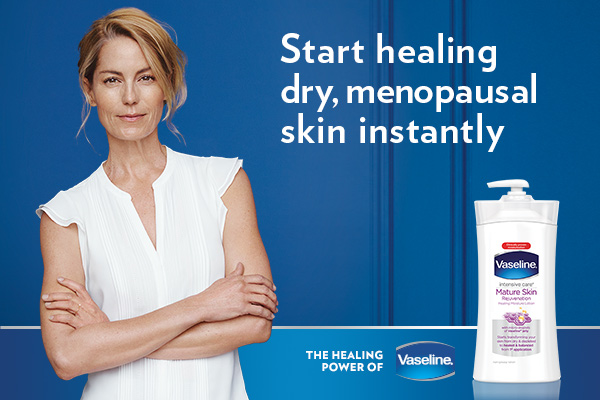Is cosmetic surgery addictive?
With social media heavily influencing the desire for people to get cosmetic surgery, it is no surprise that many are wondering if this type of procedure can be addictive. There are a few reasons to believe that this might be the case, as people who have cosmetic surgery often want more and more procedures and are frequently unsatisfied with the results of their initial surgeries. This might suggest body dysmorphia is a driving factor in addiction to cosmetic surgery.
As we delve into the driving forces behind cosmetic surgery’s increasing popularity, let us strive to comprehend how these influences may be impacting the psychological and physical wellbeing of people from a variety of ages and backgrounds.
Contents [hide]
How can people become addicted to cosmetic surgery?
While the notion that people may be addicted to cosmetic surgery is often questioned, two recurring reasons are believed to fuel those who choose it.
These factors are:
- Body dysmorphic disorder (BDD)
- Social media
Body dysmorphic disorder
People can struggle with body dysmorphia. This incessant craving for improvement can breed not just an addiction to cosmetic surgery, but also cause individuals to become fixated on their unhappiness with how they look. This prompts them to obsess over even the most miniscule of details deemed unattractive.
Body dysmorphic disorder (BDD) can range from minor to serious signs and symptoms, with the potential of extreme consequences such as an addiction to cosmetic surgery. These surgeries result in permanent changes that a person may later regret, or that may even place their health at risk. Such procedures also come with high financial costs, which some individuals are not able to afford.
People with body dysmorphic disorder (BDD) often become fixated on small, perceived flaws in their physical appearance and risk serious complications by attempting to correct them through cosmetic procedures. However, it is important to recognize that these “flaws” are usually imaginary – either created subconsciously or as a result of comparison with media images such as celebrities and online personalities. Social media can have a damaging effect on those living with body dysmorphic disorder, leading them to feel that they must undergo cosmetic procedures in the pursuit of physical perfection.
After a surgery, some individuals may not find satisfaction in the results and turn to increasingly extreme procedures in order to reach their preconceived physical ‘perfection.’ This can lead them down a destructive path of dependency issues as they continually try to alter their body’s natural features. Unfortunately, this often amplifies feelings of insecurity and further morphs them into an unrecognizable version of how they originally appeared.
The incredible impact of social media on our lives today is undeniable; it shapes how we view beauty and what we find attractive. Cosmetic surgery ads are banned for those under the age of 18 in the UK, yet aesthetically enhanced influencers or accounts may appear desirable to many, resulting in individuals feeling like they need cosmetic surgeries to look good.
Social media is known to create an unattainable ideal of beauty, leading many people to feel insecure and experience body dysmorphia. It’s no wonder that cosmetic surgery is becoming increasingly accessible – due to the unrealistic expectations for physical appearance generated by social media posts, more individuals are turning towards plastic surgery as a means of “fixing” their perceived imperfections. While it may appear that these images are showing us a realistic depiction of beauty, they are often heavily doctored with airbrushing techniques to change someone’s physical features or created through unhealthy diets and surgical procedures.
Models and influencers are often expected to meet unrealistic standards, which can be damaging for their own physical and mental health, as well as that of their viewers. Sadly, it is rare that celebrities will show the harsh reality of achieving these ideal bodies, engaging in unhealthy dieting or having demanding workout routines.
It is undeniable that social media has a huge influence on convincing individuals to opt for cosmetic procedures, even though these surgeries are rarely enough to achieve the physical appearance of professional models and influencers, who could have undergone more than just cosmetic surgery.
How can cosmetic surgery addiction be managed?
Addiction to cosmetic surgery is a severe reality, with devastating consequences. However, while no solution will completely rid one of the side effects associated with such procedures, there are ways to get relief from these addictions and be freed from that feeling of being trapped. If you or someone you know is struggling with this issue, help can be found in various forms.
For those who may be battling an addiction to cosmetic surgery, there are various methods available for meeting both mental and physical health goals. It is essential to remember that everyone differs, so these strategies might not have the same results for every person.
Cognitive behavioral therapy (CBT) has been demonstrated to be highly effective in helping individuals with cosmetic surgery addictions. This form of treatment assists those dealing with the psychological elements that drive their addiction, like body dysmorphia and low self-esteem. By addressing these issues head on through CBT, people can begin to progress away from relying on cosmetic surgery as a cure for life’s hardships.
Finding support within the community may also help; a number of organizations exist specifically for people who need advice and guidance when it comes to recovering from a dependence on any form of elective cosmetic procedure.
Professional counselling can assist individuals in developing healthy coping mechanisms, which may aid them in dealing with emotions or situations that drove them towards these procedures in the first place.





Pingback: What to Expect When You Have Neck Lift Surgery